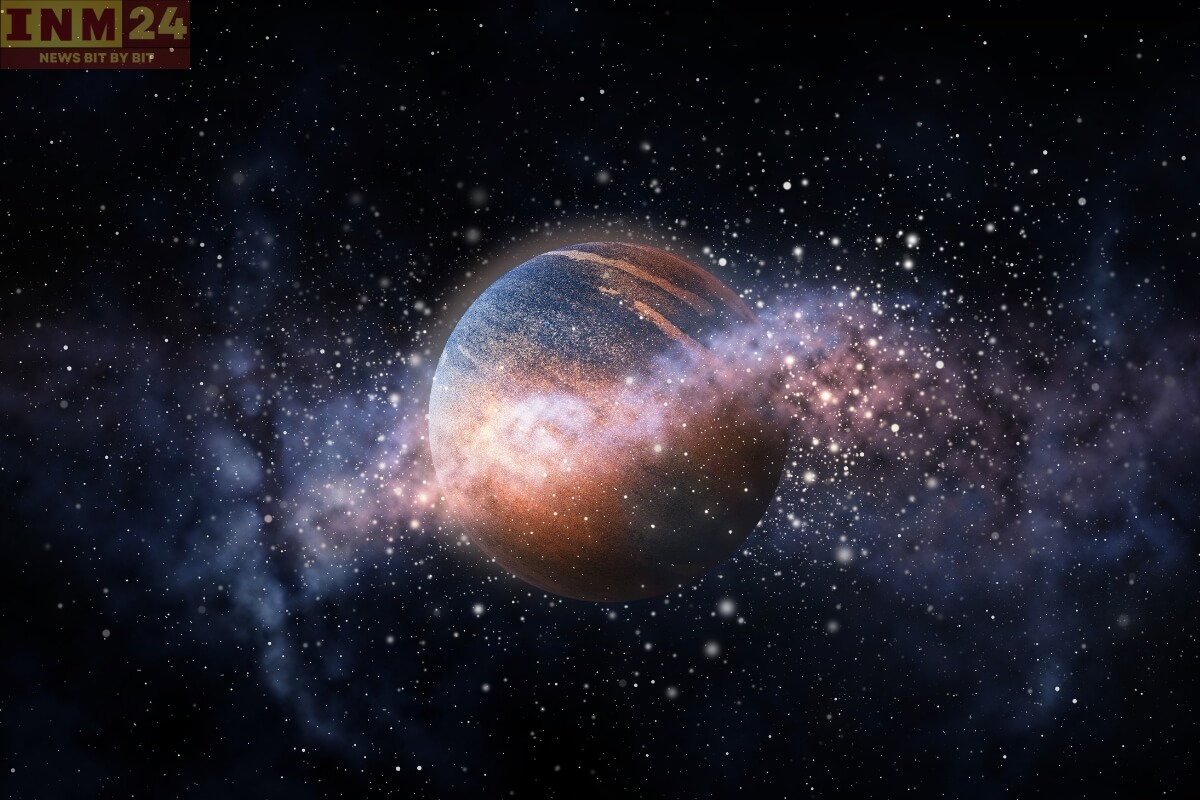In a groundbreaking discovery, astronomers have revealed a significant connection between water and the formation of planets, shedding new light on the fundamental processes that shape our universe. This revelation marks a pivotal moment in our understanding of planetary formation and the potential for habitability beyond our solar system.
The study, conducted by a team of astronomers using advanced telescopes and observational techniques, offers compelling evidence that water plays a crucial role in the early stages of planet formation. By studying protoplanetary disks – the swirling clouds of gas and dust surrounding young stars – researchers have identified a correlation between the presence of water vapor and the formation of planetary bodies.
Discovery of Water Vapor in Protoplanetary Disks: Implications for Planet Formation
One of the key findings of the study is the detection of water vapor in protoplanetary disks, indicating that water is present in the earliest stages of planet formation. This suggests that water molecules are incorporated into the building blocks of planets from the very beginning, laying the foundation for the development of water-rich worlds like Earth.
The implications of this discovery are far-reaching, with profound implications for our understanding of the prevalence of water in the universe and the potential for life beyond our solar system. Water is a critical ingredient for life as we know it, and the discovery of its presence in protoplanetary disks suggests that water-rich planets may be more common than previously thought.
Furthermore, the study provides new insights into the mechanisms by which planets form around young stars. It is believed that planets form from the aggregation of dust and gas within protoplanetary disks, gradually accreting material until they reach sufficient mass to become fully-fledged planets. The presence of water vapor in these disks suggests that water may be an integral part of this process, influencing the composition and properties of emerging planets.
Exploring the Role of Water in Planet Formation and Habitability
The discovery of a link between water and planet formation opens up exciting possibilities for future research and exploration. Scientists are now eager to further investigate the role of water in shaping the characteristics of planets and their potential for habitability. Understanding how water influences planet formation could provide valuable insights into the conditions necessary for life to emerge elsewhere in the universe.
Moreover, the discovery underscores the importance of continued investment in astronomical research and space exploration. By studying the formation of planets and the distribution of water in the universe, scientists can gain a deeper understanding of our cosmic origins and the potential for life beyond Earth. This knowledge has the potential to shape our future exploration efforts and inform our search for extraterrestrial life.
The unveiling of a new connection between water and planet formation represents a significant milestone in our quest to understand the origins and diversity of planetary systems. This discovery not only deepens our understanding of the processes that shape our universe but also fuels our curiosity about the possibility of life beyond our solar system. As astronomers continue to unravel the mysteries of the cosmos, we inch closer to unlocking the secrets of our place in the universe.
